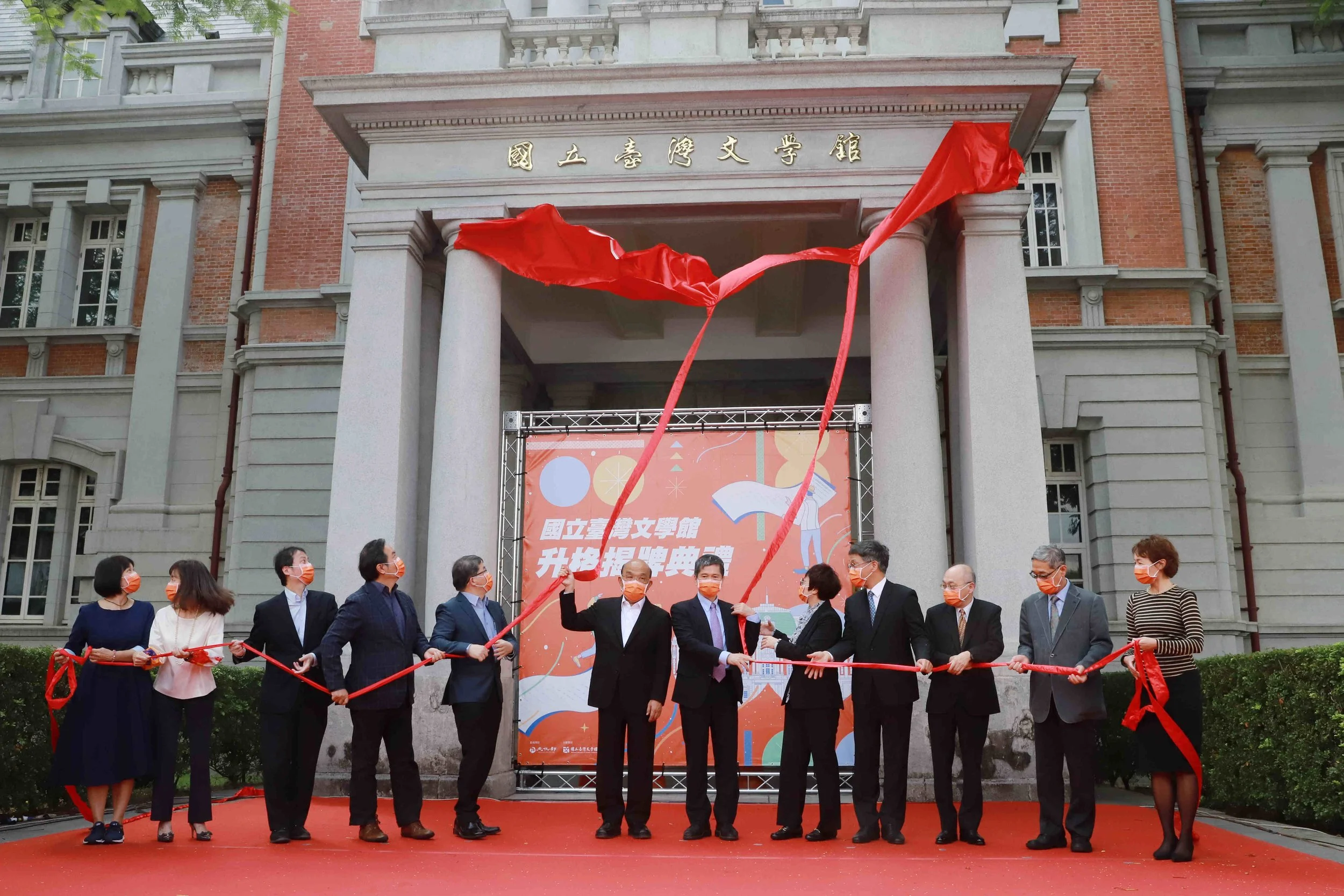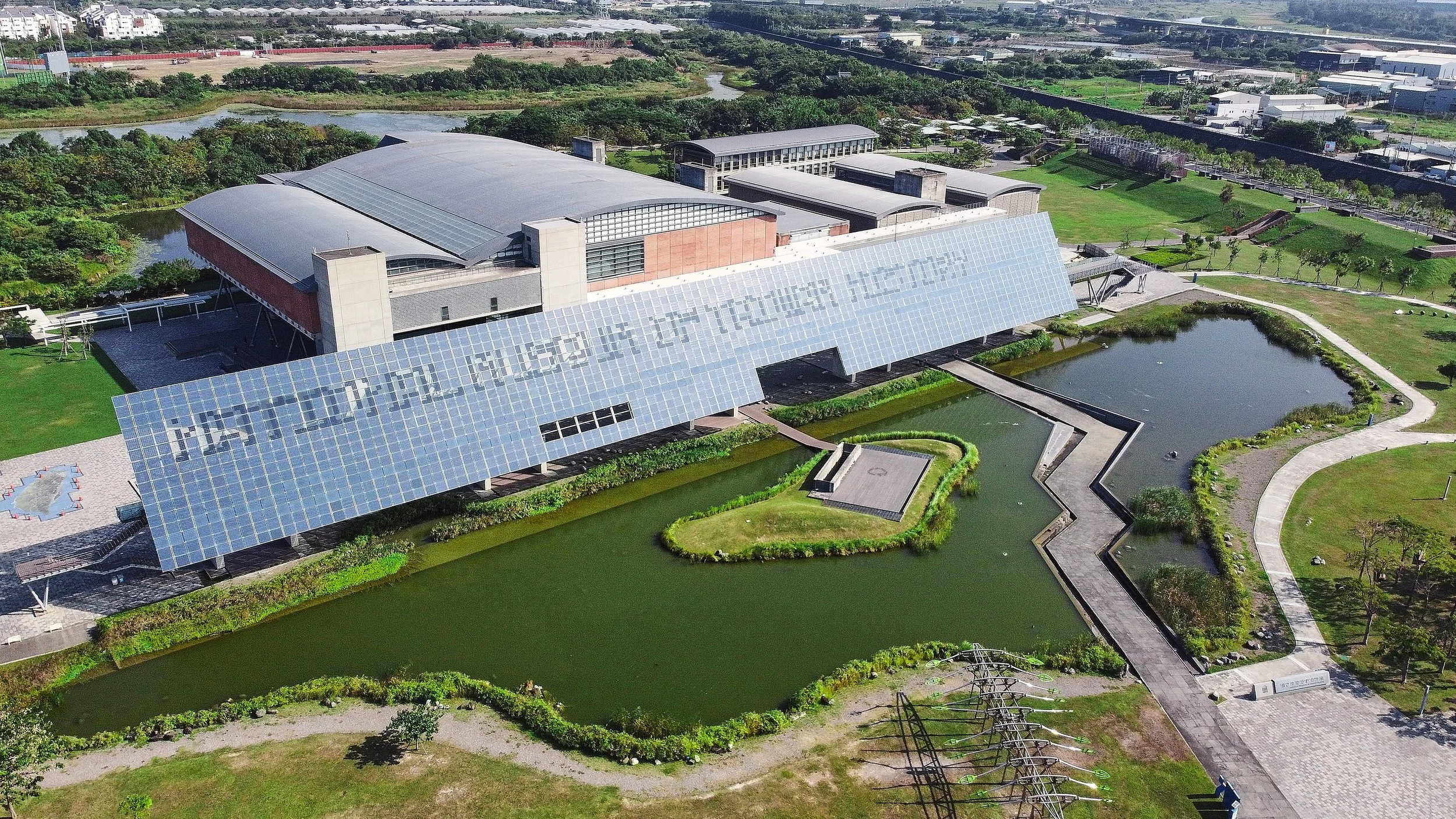All in Events & Interviews
Taiwan’s response to the COVID-19 pandemic is often applauded internationally as a success story, yet it has only been possible because of Taiwan’s strong medical profession and vibrant civil society. How did civil society engagement contribute to Taiwan’s pandemic response?
Few scholars have investigated both the colonial origin of Taiwan’s medical profession and the development of Taiwan’s public health system and civil society engagement after democratization. How did the medical profession in Taiwan emerge in the Japanese colonial era? Why are there many doctors actively participating in today’s Taiwanese politics?
“Taiwan literature can be conceived of as every single mode of literary expression that has left an existential trace on Taiwan,” said Dr. Shuo-bin Su (蘇碩斌), director of the National Museum of Taiwan Literature. The research, preservation, and promotion of such modes of expression, however, either failed to receive organized institutional support or was subsumed under a China-centered historiographical perspective before the lifting of martial law in Taiwan. The establishment of Taiwan literature as a field of academic inquiry became possible thanks to the political liberalization of Taiwanese society and the emergence of a “Taiwan consciousness” since the 1980s. What might be the challenges and possibilities facing the field of Taiwan literature, then and now? What might be the new directions of the field? This interview features as part of our special issue: Encountering Everyday Life: Taiwan in Museums.
Before the lifting of martial law in 1987, the research, preservation, and promotion of Taiwan literature in Taiwan either failed to receive organized institutional support or was subsumed under a China-centered historiographical perspective. The establishment of Taiwan literature as a field of academic inquiry became possible thanks to the political liberalization of Taiwanese society and the emergence of a “Taiwan consciousness” since the 1980s. What might be the challenges and possibilities facing the field of Taiwan literature, then and now? What might be the new directions of the field? This interview features as part of our special issue: Encountering Everyday Life: Taiwan in Museums.
The field of Taiwan history has gained increasing visibility in academia, both in Taiwan and abroad. Yet the production and dissemination of Taiwan-related knowledge in Taiwan before the lifting of martial law in 1987 faced great difficulty. How did the founding of the National Museum of Taiwan History (NMTH) changed the way we approach Taiwan history? This interview features as part of our special issue: Encountering Everyday Life: Taiwan in Museums.
The field of Taiwan history has gained increasing visibility in academia, both in Taiwan and abroad. Yet the production and dissemination of Taiwan-related knowledge in Taiwan before the lifting of martial law in 1987 faced great difficulty. How did the institutionalization of Taiwan history as an academic field in and of itself changed the way we approach Taiwan history? This interview features as part of our special issue: Encountering Everyday Life: Taiwan in Museums.
During WWII, the Japanese empire mobilized its colonial populations for its imperial expansionist efforts. In 1944, Tân Í-bûn from colonial Taiwan joined the Japanese Imperial Army and served in Manchuria. When war concluded, he was captured as a POW and interned in Siberia. 70 years later, his grandson Chen Li-hang reflected upon the historical knowledge production of this wartime experience.
The Taiwan Gazette screened the documentary film Our Youth in Taiwan from March 8 to 14, 2021. We sat down with University of Toronto Professor Michelle Cho to discuss Taiwan-China geopolitical relations and the usage of “worlding” within the context of the film.
The Taiwan Gazette interviews Taiwan-based cultural studies scholar Chien-ting Lin to discuss how Taiwan’s treatment of Mainland Chinese students (lusheng) during COVID-19 can be understood in terms of war and love. Divided into two parts, this interview is the fourth piece of our special series: Lusheng in Taiwan: Contradictions and Anticipations.
The Taiwan Gazette interviews Taiwan-based cultural studies scholar Chien-ting Lin to discuss how Taiwan’s treatment of Mainland Chinese students (lusheng) during COVID-19 can be understood in terms of war and love. Divided into two parts, this interview is the fourth piece of our special series: Lusheng in Taiwan: Contradictions and Anticipations.
In our second feature for the 2020 Big Ideas Competition: Exploring Global Taiwan series, award recipient Pranav Dayanand makes a case for what TikTok can tell us about the complex state of Indonesian migrant worker affairs in Taiwan.
Stephanie Tai, author of Tempting Formosa and 2020 Big Ideas Competition: Exploring Global Taiwan award recipient, talks to our Deputy Editor Elizabeth Shaw about her process of creating a Taiwanese dessert cookbook and using it to pay homage to her homeland of Taiwan.
In Taiwan, after election night, candidates have one final task: an elaborate thank-you tour, performed in person. For some this can take weeks. But what’s this all for?
With an increase of extreme weather due to climate change, the need for food security in Taiwan is more pressing than ever. Could new technologies help defend Taiwanese agriculture?
Two University of Toronto students surveyed almost 500 members of the Taiwanese public about organ donation. Many had no idea how to do it.
The “Asia Silicon Valley” plan was supposed to fix Taiwan’s brain drain problem, but critics say it’s not working.
The Gazette sits down with sociologist Yu Wei-hsin to discuss the changing landscape of marriage and parenting in Taiwan.
SDP leader and Taipei mayoral candidate Fan Yun says 2018 will be a turning point for small political parties in Taiwan.
Filmed over a decade, this breathtaking documentary tells the story of legendary Taiwanese choreographer Lin Lee-chen and the Legend Lin Dance Theatre.
The Gazette sits down with Lin Fei-fan to discuss the impact of the Sunflower Movement, running for political office, and the future of Taiwan’s “Third Force” parties.





















